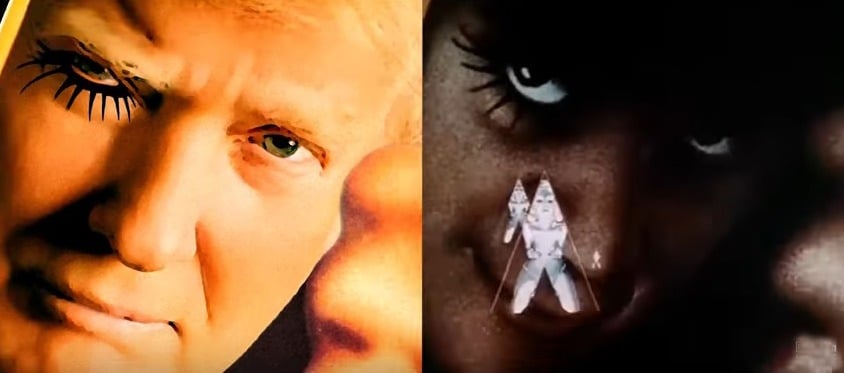
Every good fisherman knows that reeling in a big fish takes skill and conscious intention. One of the first things they learn is that you can’t just crank in the big guy with one effortless winding up of the line.
It takes finesse, a dance of sorts. While always keeping a steady line, you bring them in slowly, with the primary focus on wearing them out, almost hypnotizing them into compliance.
A popular fishing website HUK says this about the process:
Remember that too much tension can snap the line and when large fish decide to make a run for it, the worst thing you can do is try to keep them in place. By fighting their runs, all you are doing is increasing the chances that your line will break and your prize will get away. Instead, set the drag so the fish can take out line while still tiring itself. This will wear down the fish; eventually their runs will get shorter, less violent, and less frequent.”
Hmmm. Sounds a bit too close for comfort, eh?
I am afraid I am not all that excited about the current hoopla regarding our apparent victory over the mainstream narrative. I simply don’t believe it entirely.






